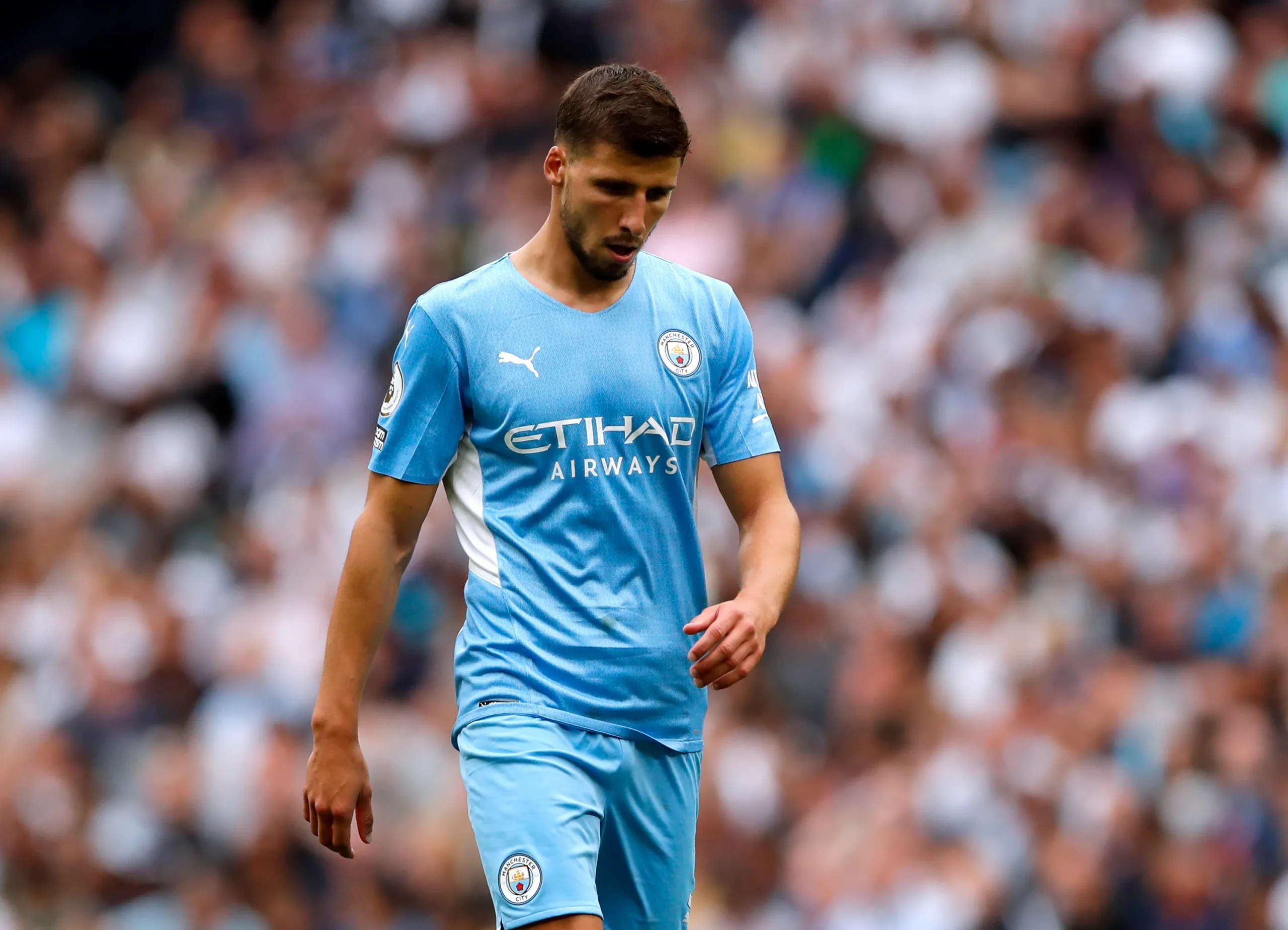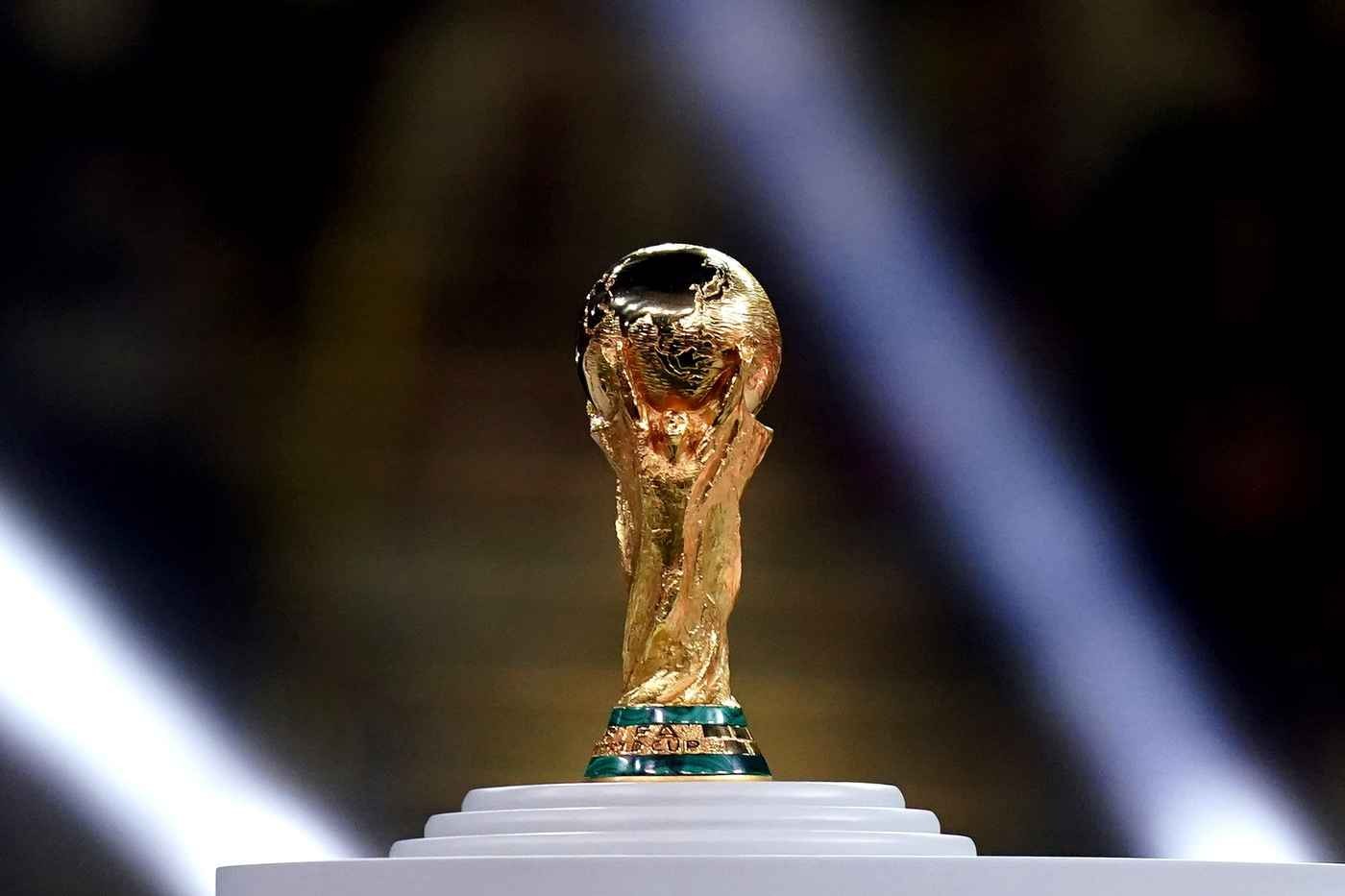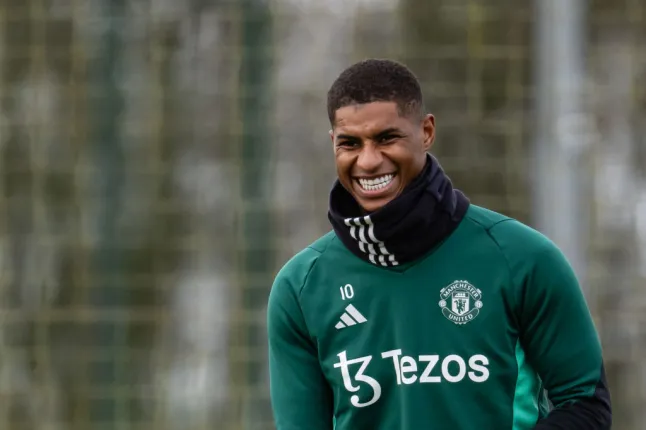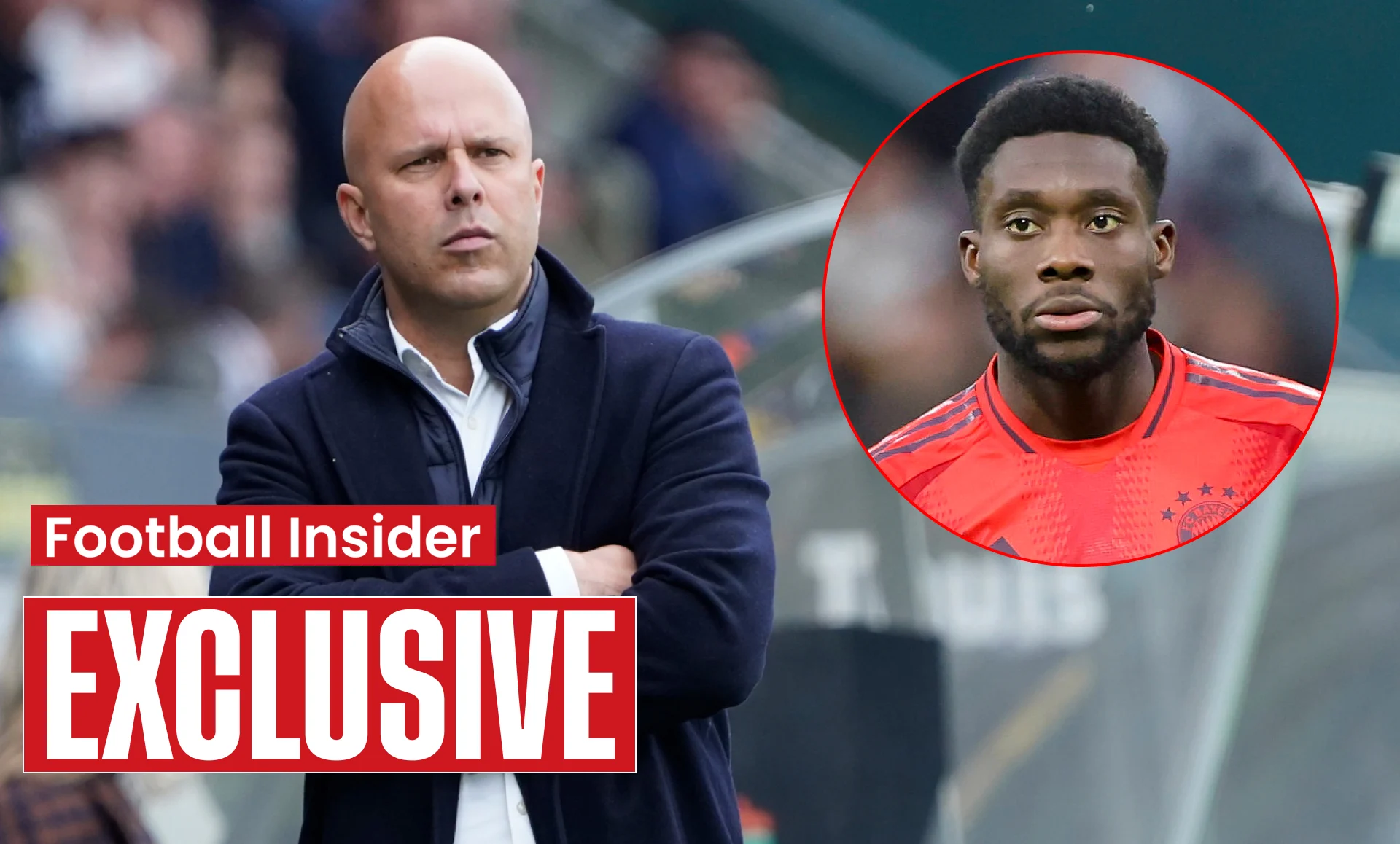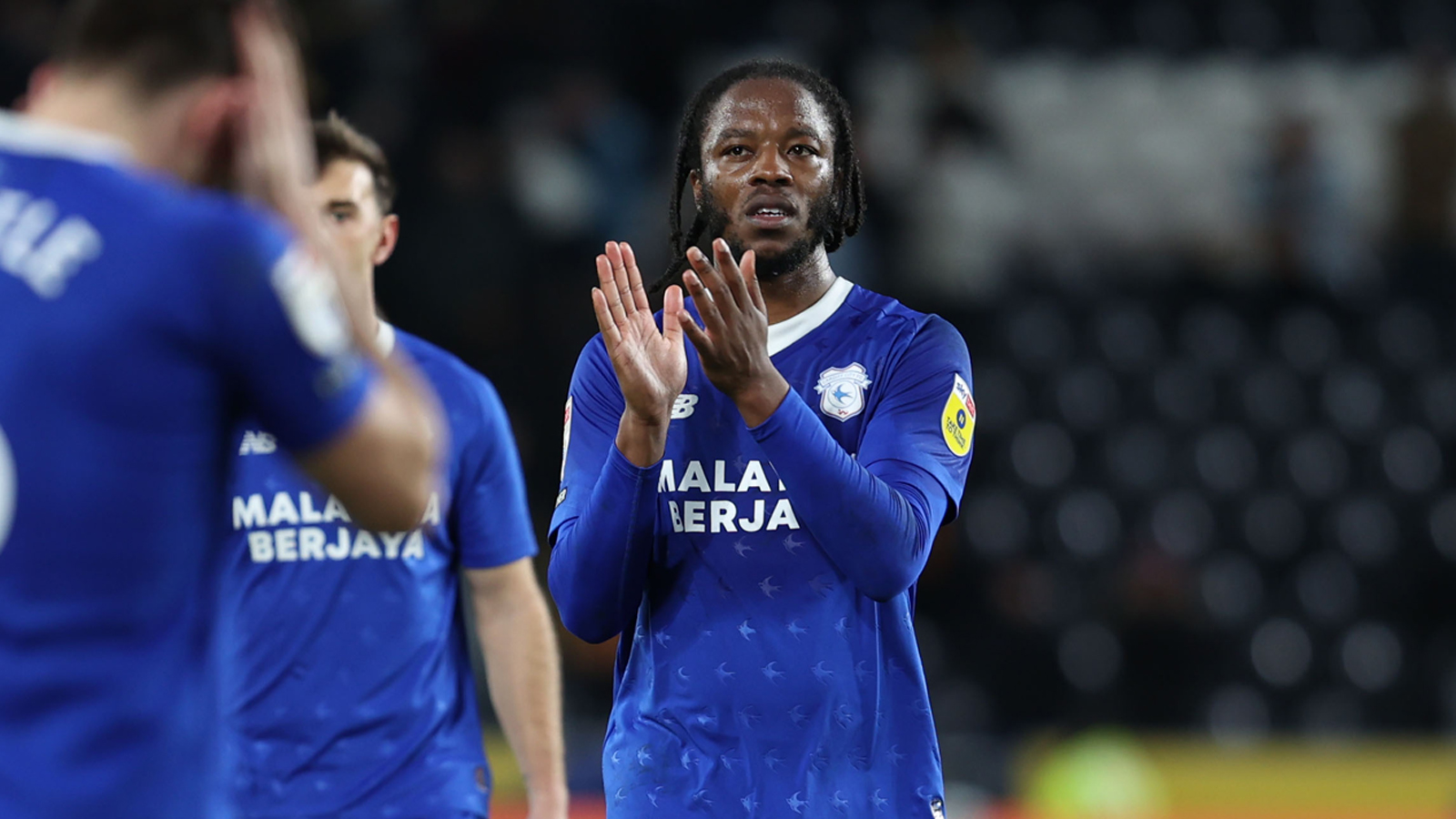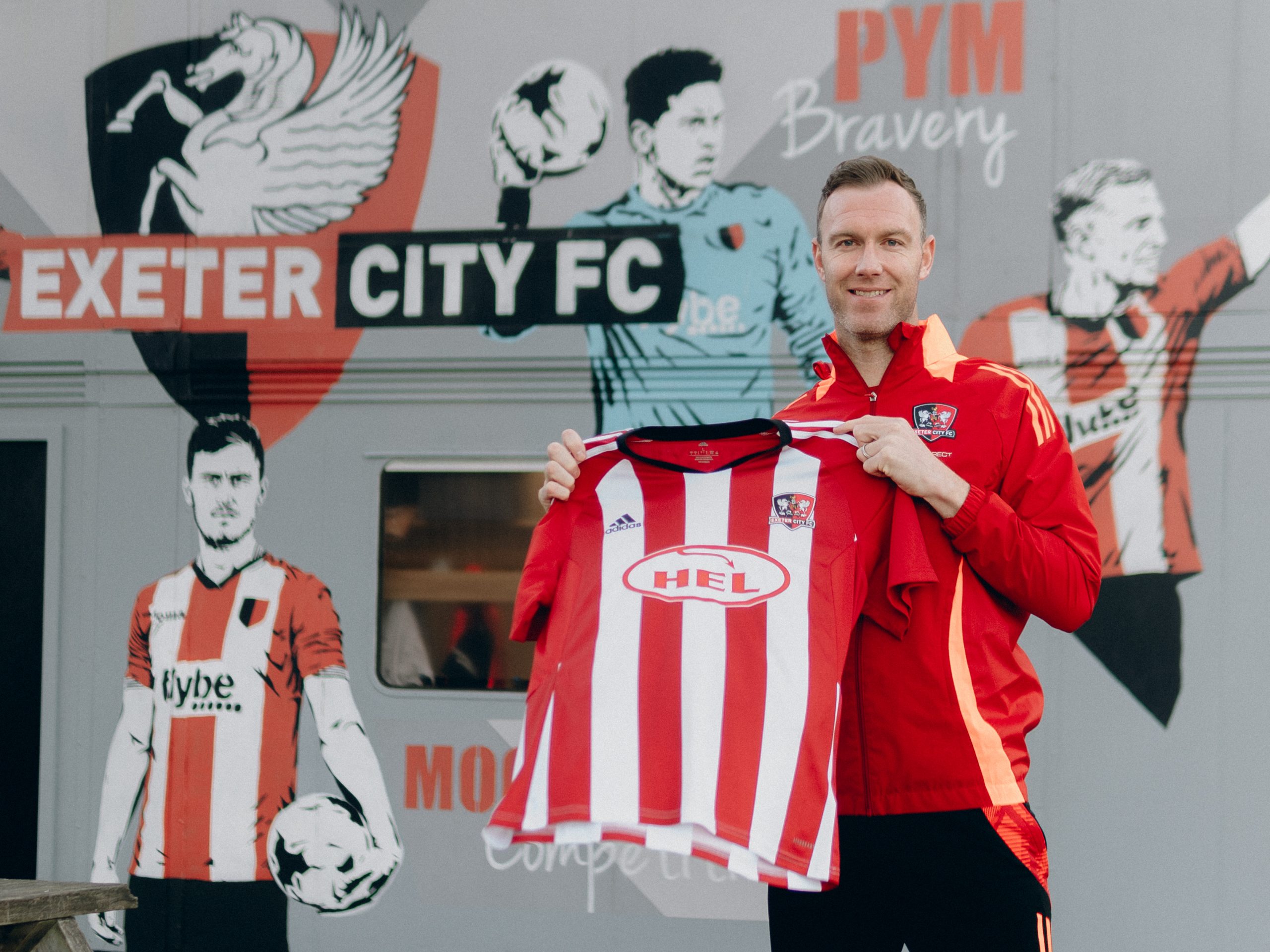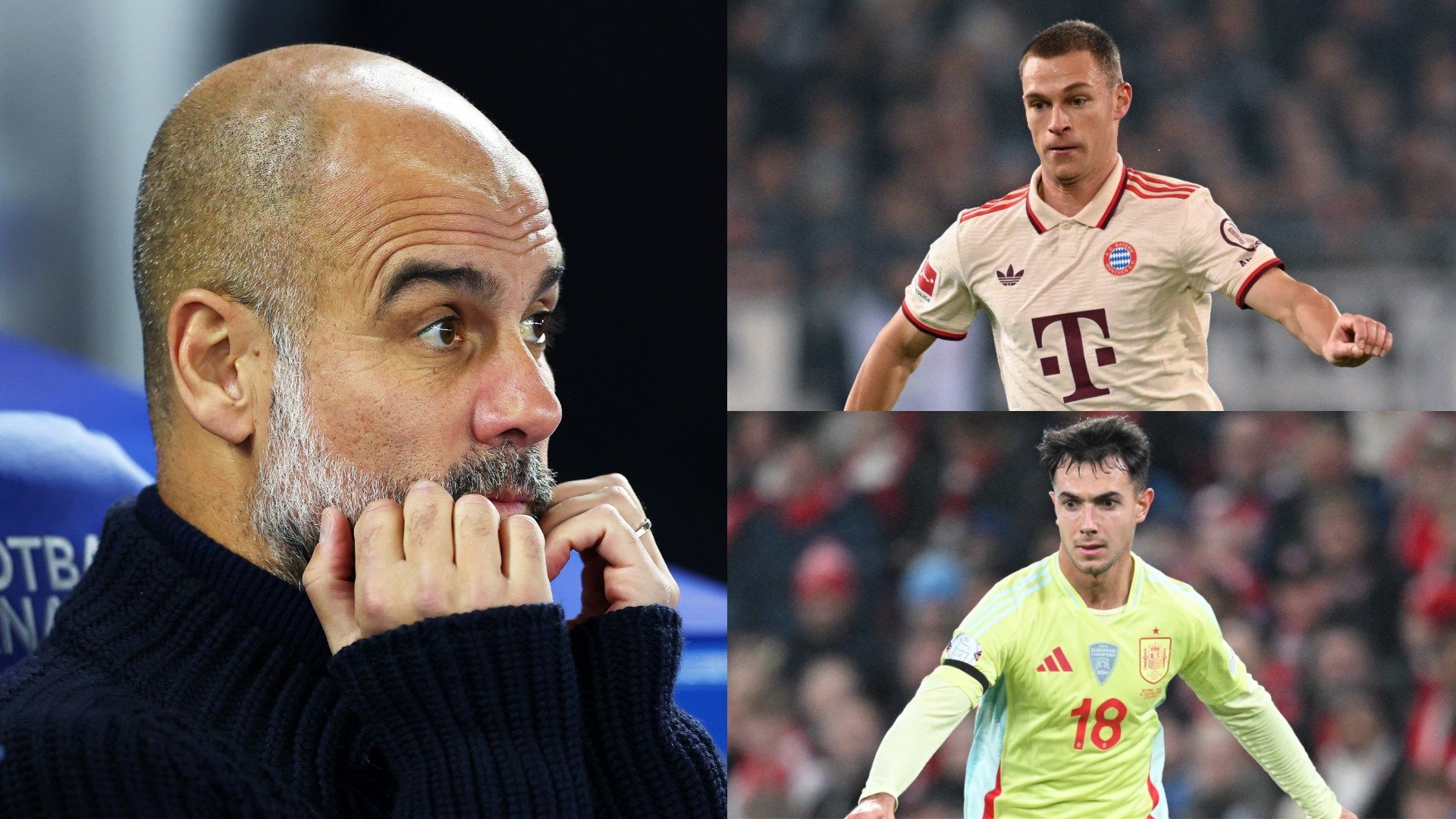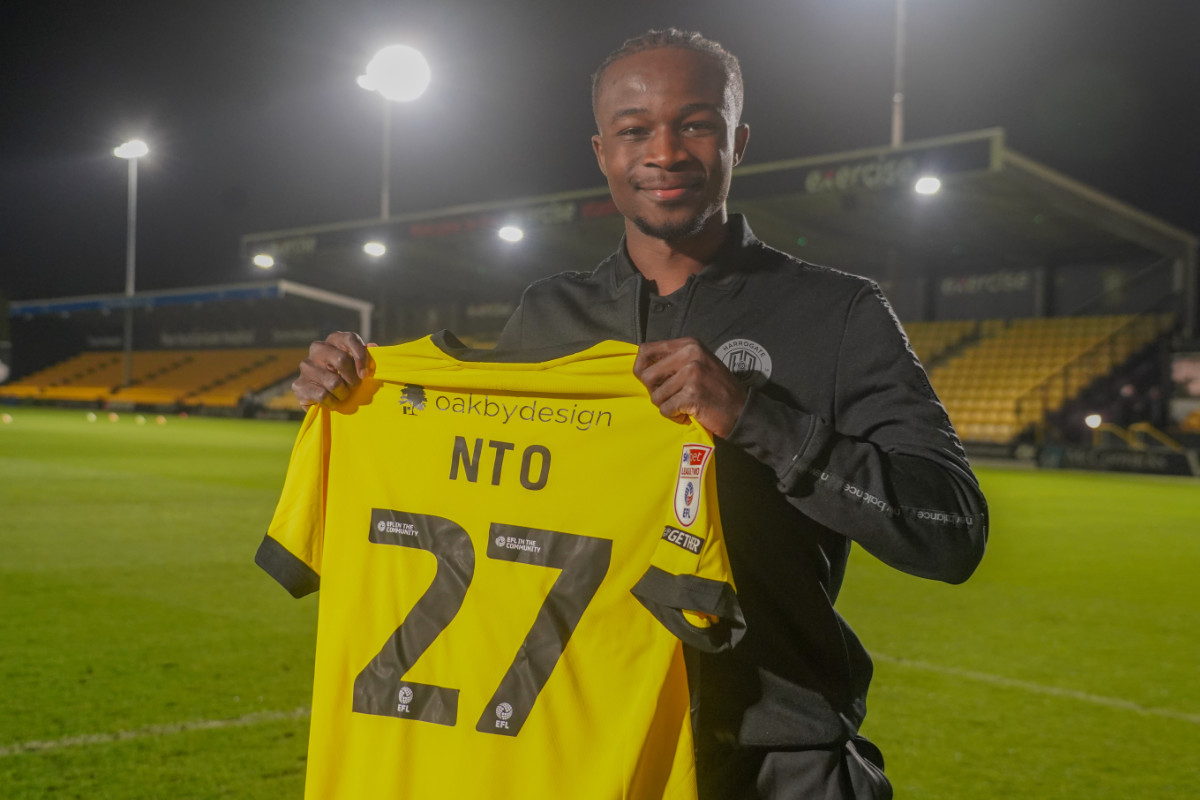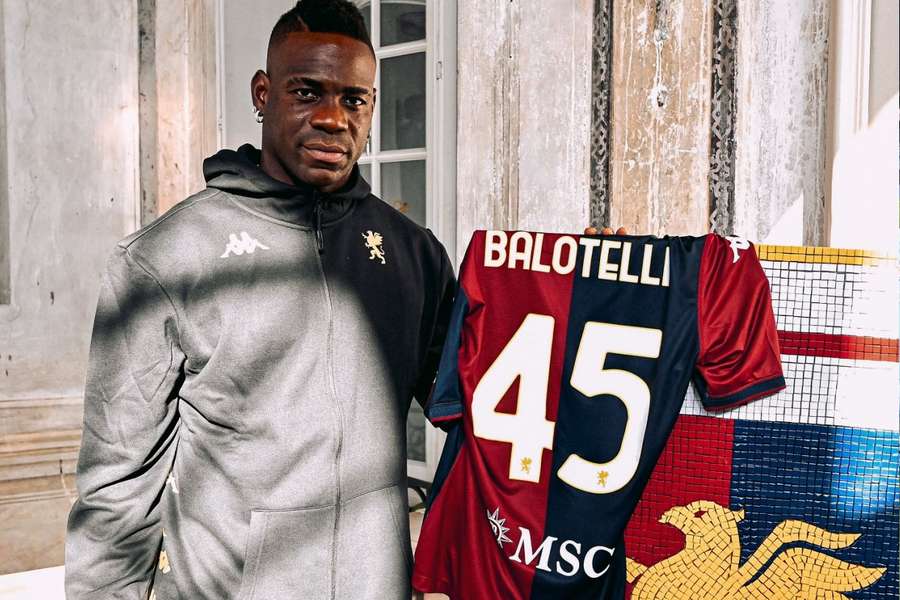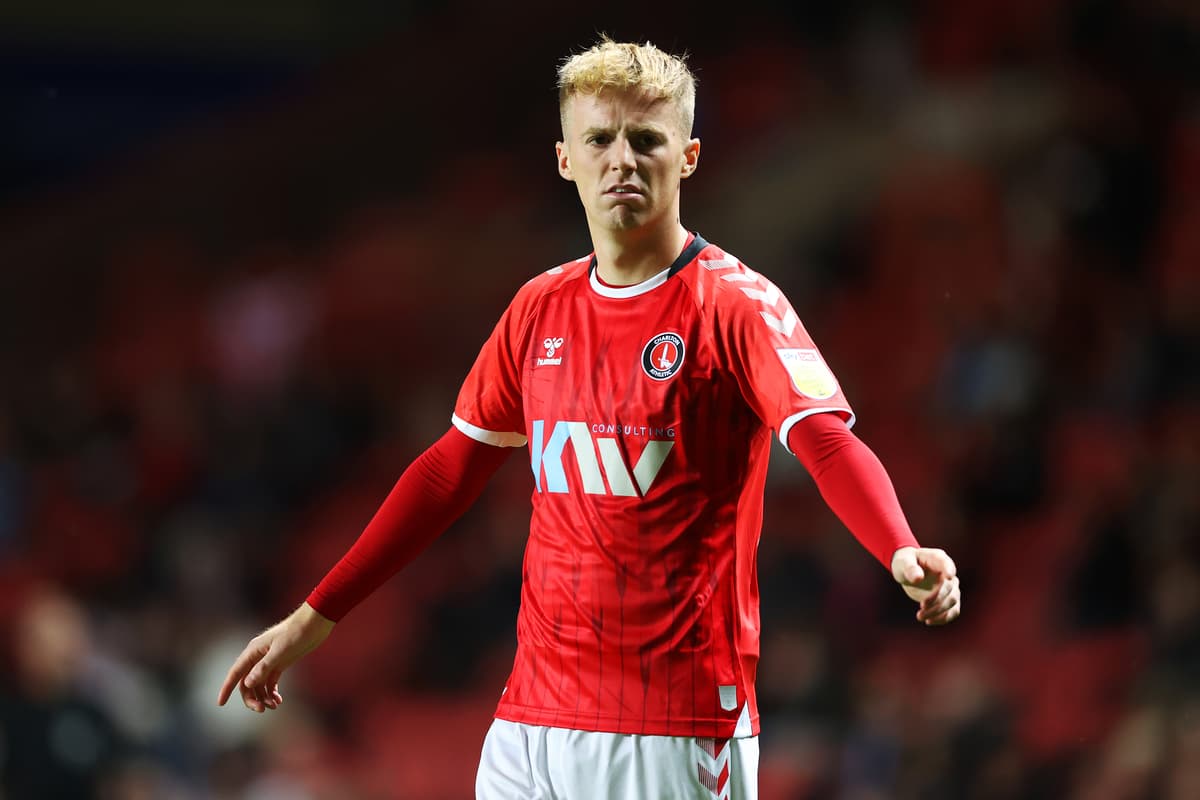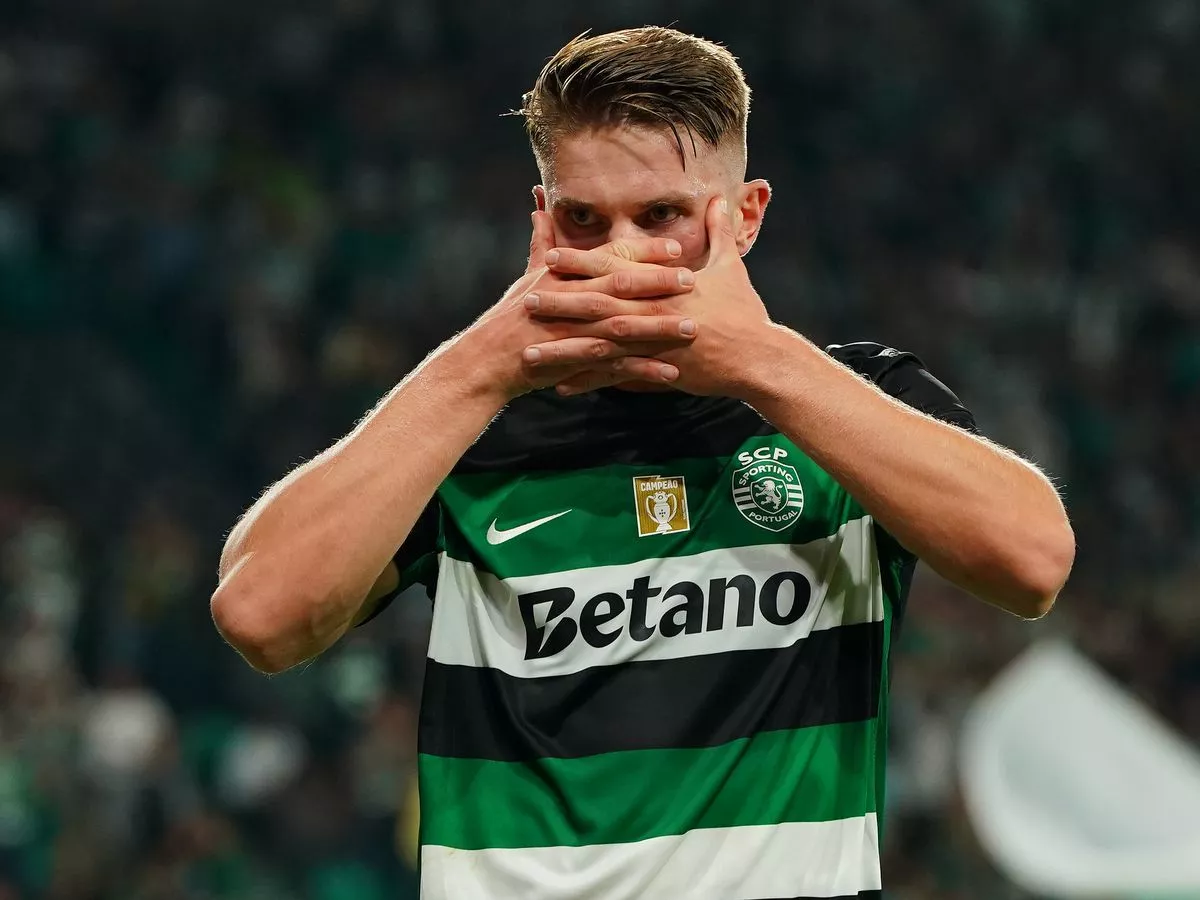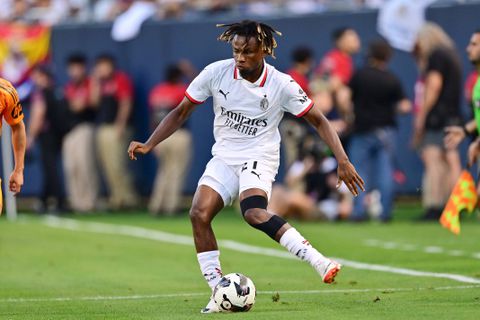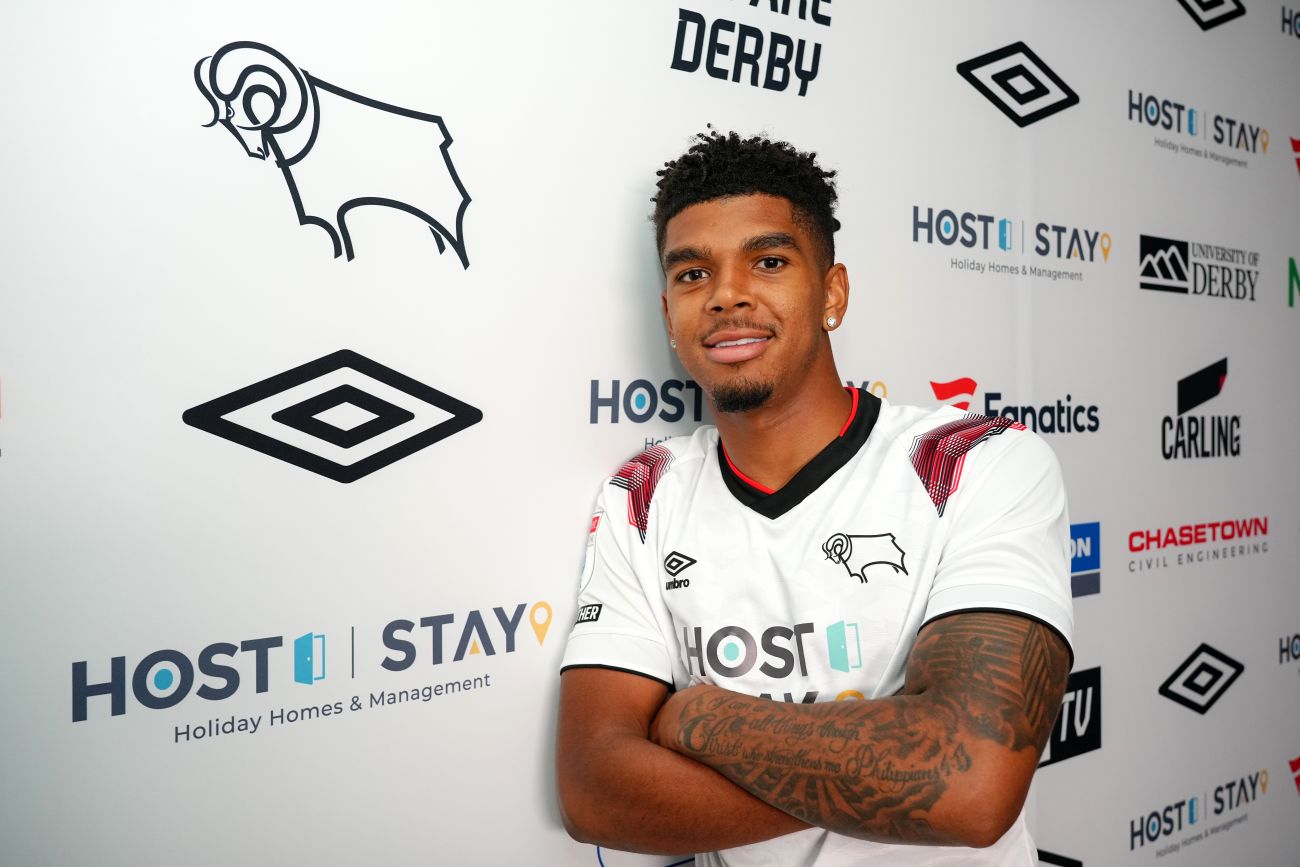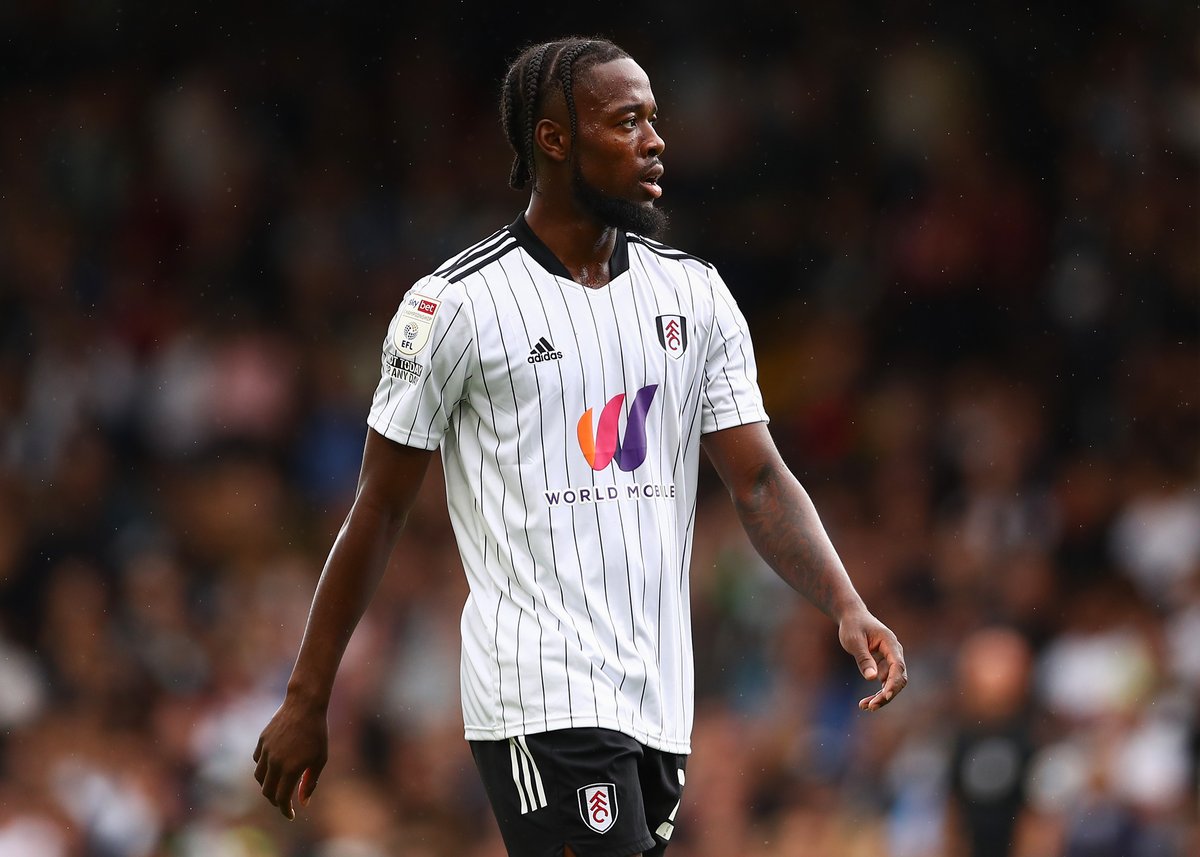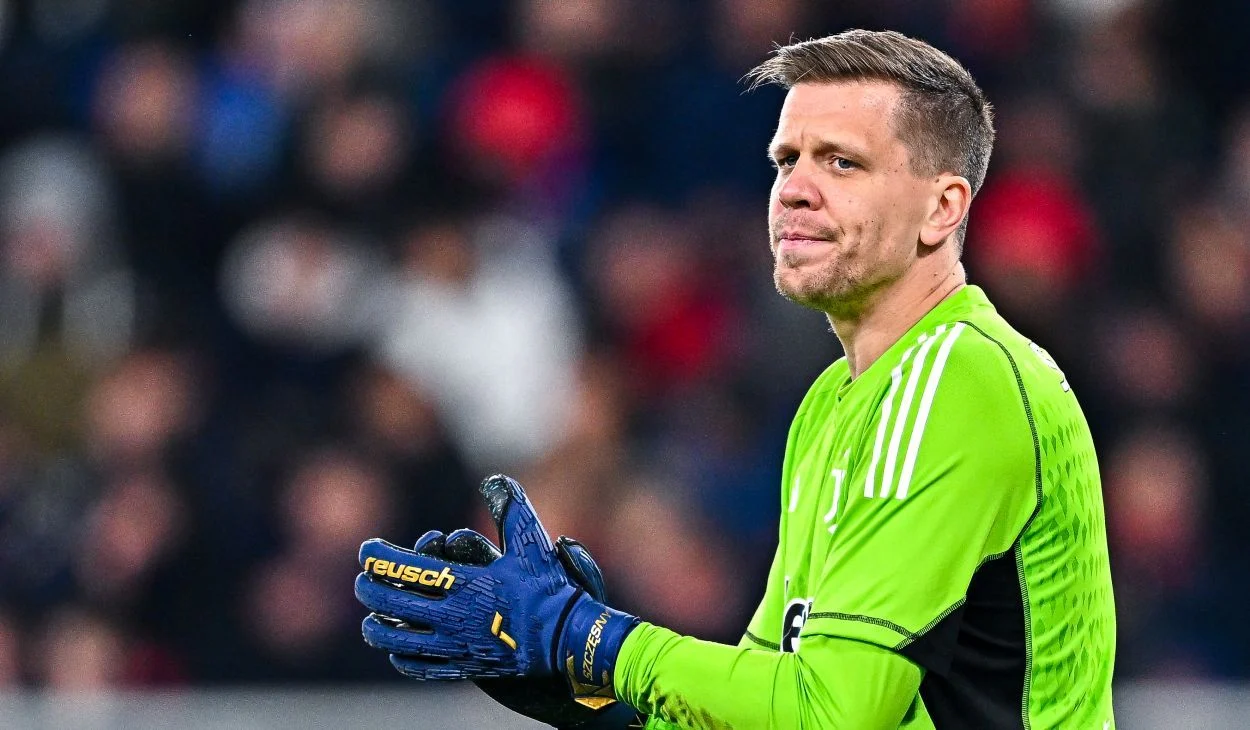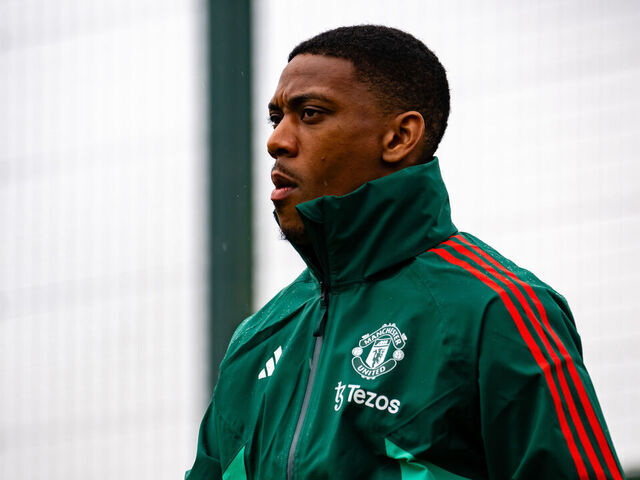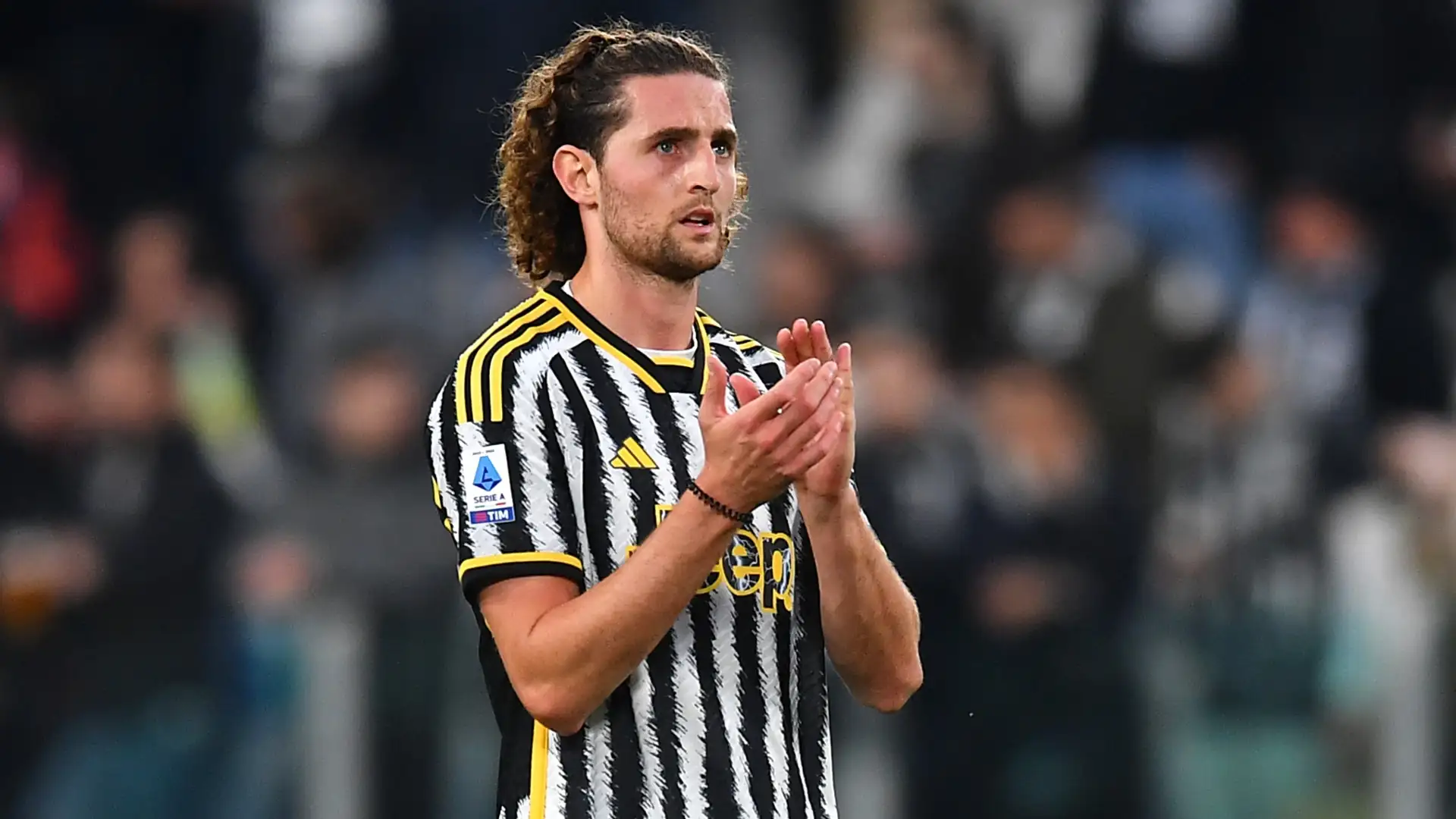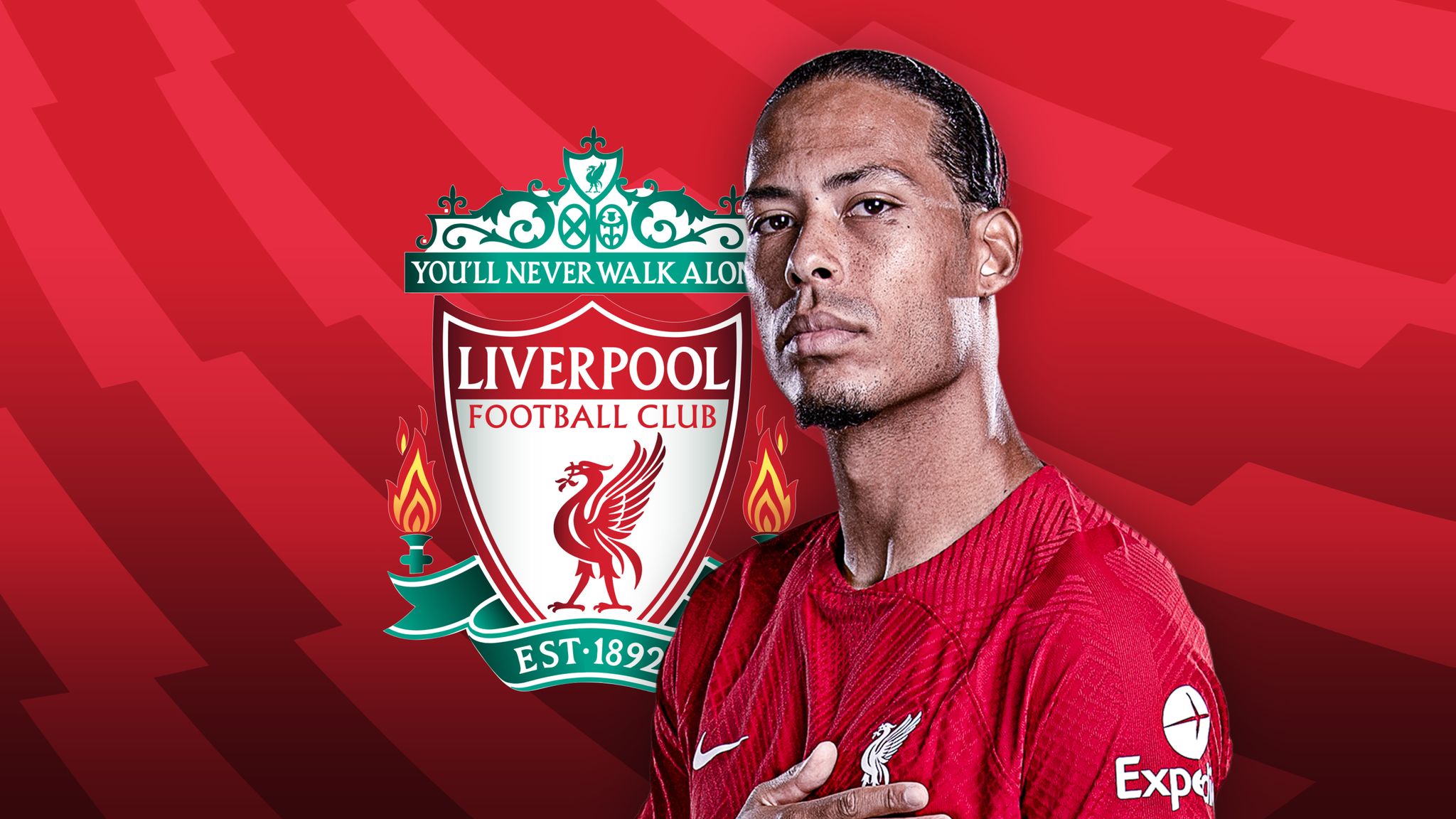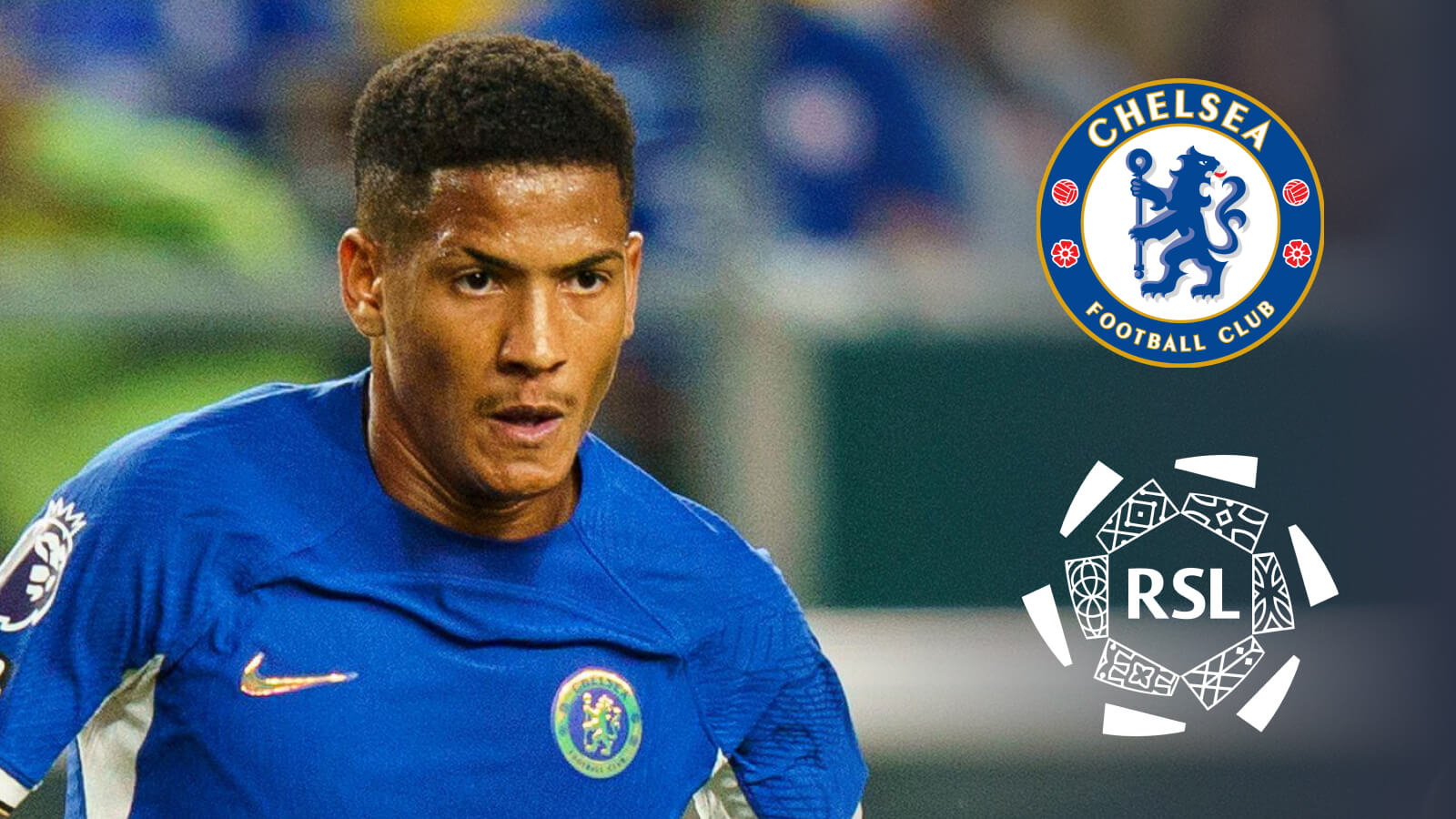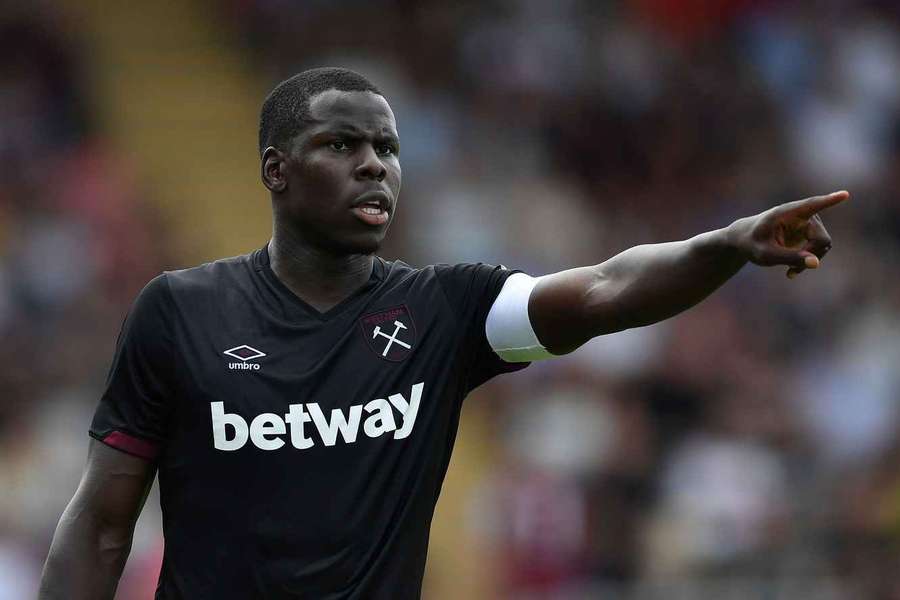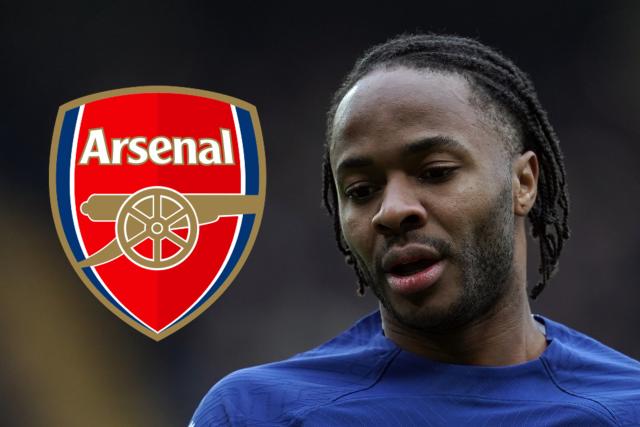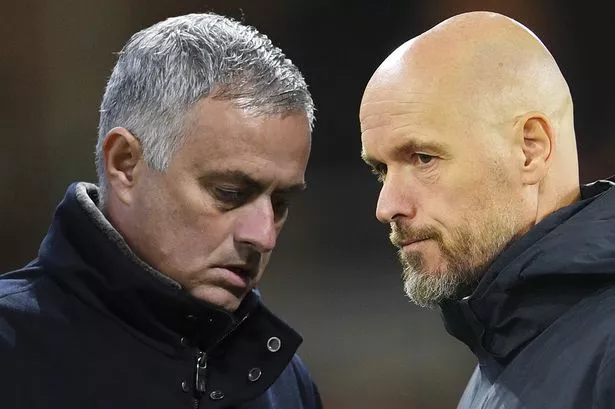
Jose Mourinho’s Legacy at Manchester United: A Tale of Success, Struggles, and Unfinished Business
Jose Mourinho’s presence has always commanded attention, and his stint at Manchester United was no exception. From his dynamic early days at Chelsea to his tenure at Tottenham, Mourinho has rarely been a figure in the background. At United, he arrived with a reputation for success, but left behind a story of unfulfilled potential and a lingering sense of what might have been.
Mourinho joined United in 2016 with high expectations. The club was in a period of rebuilding following the retirement of Sir Alex Ferguson, and Mourinho was seen as the man to bring back the glory days. His appointment came after the failed tenures of David Moyes and Louis van Gaal, and United fans were desperate for a return to winning ways. Mourinho’s résumé, which included league titles and Champions League victories, seemed to promise just that.
In his first season, Mourinho brought immediate success, securing the EFL Cup and the Europa League—United’s first major European trophy since Ferguson’s departure. These victories injected a much-needed sense of optimism into Old Trafford. Mourinho also led United to a second-place finish in the Premier League the following season, which he later described as one of his greatest managerial achievements, given the circumstances within the club. However, while silverware was delivered, the team never quite seemed capable of challenging for the biggest honors on a consistent basis.
Behind the scenes, tension was brewing. Mourinho’s mood could switch between charm and frustration in an instant, a pattern that repeated throughout his time at Old Trafford. His famous unpredictability sometimes created conflict, not just with the media but within the club itself. His dissatisfaction with the club’s transfer policies and his handling of key players, most notably Anthony Martial, began to surface. Mourinho wanted to sell Martial after the forward missed part of pre-season for the birth of his child, but the club refused, leading to a growing disconnect between the manager and the board.
One notable incident during Mourinho’s tenure was the infamous pre-season tour of the United States in 2018. The event involved a friendly interaction with children, but Mourinho’s sudden shift in mood nearly derailed the entire appearance. While it ended on a positive note, such moments became emblematic of the contradictions that defined his time at United—an ability to inspire but also to alienate those around him.
In the 2018-2019 season, things began to unravel. A poor start to the campaign saw United fall behind in the Premier League race. Mourinho’s public criticism of players and his increasing frustration with the club’s hierarchy added to the pressure. After a humiliating 3-1 defeat to Liverpool in December 2018, the club had seen enough. Mourinho was dismissed, and United turned to former player Ole Gunnar Solskjaer to bring stability back to the squad.
Mourinho’s time at United remains a subject of debate. On one hand, he delivered trophies and a top-two finish, achievements that have been rare since Ferguson’s retirement. On the other hand, the promise of sustained success was never truly realized, and the atmosphere around the club became increasingly toxic in his final months. Some at the club believe that Mourinho, had he been appointed earlier, may have had the opportunity to build something lasting. However, by the time he arrived, United was already in a state of flux, and Mourinho’s methods, while effective in the short term, did not provide the long-term solutions the club needed.
As Mourinho faces his former club again in Europe, memories of his time at Old Trafford will inevitably resurface. His time at United was marked by both triumph and turbulence, and while some fans remember his tenure fondly for the trophies he delivered, others view it as a missed opportunity. Ultimately, Mourinho’s United spell will be remembered as one of high expectations, fleeting success, and a legacy that remains open to interpretation.


